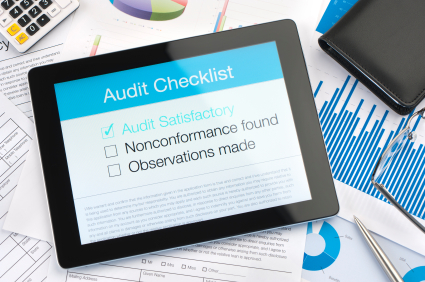
In today's increasingly litigious world, employers find themselves in a quandary. They must research potential employment candidates to ensure compatibility with the company and overall trustworthiness, but they face huge obstacles in the process. Previous employers may be unwilling to share information while candidates may file lawsuits claiming discrimination. There are several methods that may assist employers with gaining the required information without jeopardizing them legally.
Employment History: HR Background Check Compliance
1. Do Be Thorough. Look at a wide spectrum of information prior to offering a candidate a position, not only one or two items. Examine a complete employment history for each applicant as well as credit and background checks. Verify education and investigate social media sites for discrediting information.
2. Do Think Outside the 'Box". Over a quarter of American adults have a felony conviction of some kind on their record. The rate is far higher than any other country in the world today. A majority of these are for white collar infractions or for infractions committed as a young adult. As a result, many EEOC and state labor boards are actively seeking to eliminate this question completely from all applications in order to avoid possible discrimination complaints. Instead of singling any one group of people out by a single question, interview the applicant and then conduct a broad background check to determine if the applicant is a viable candidate. Download a background screening decision matrix template here.
3. Do Maintain Consistency. Regardless of how well the interview went, you must maintain consistency throughout each investigation. Create a method of checking the applicant's employment history as well as the other facets of his past. Document each step taken. Background checks must be thorough and fair in all aspects. Consistency of the process enables fairness and prevents legal liabilities for possible discrimination claims.
4. Don't Focus Only On the Negative. If you look hard enough for dirt, you can find it on anyone. This is true whether you're searching a person's employment history, educational records, or credit history. Everyone has something they don't want to be found. Don't focus only on those negative aspects of a person's character. Take a balanced approach. If the last employer states that the applicant was let go, try to dig deeper. Is it a pattern? Where are the extenuating circumstances for the termination? Does the applicant have a stable and consistent employment history except for the one blemish? If the history is stellar up until the last position, there could have been health issues or personality clashes that caused a bad fit.
5. Don't Run a Limited Search. Many people believe that everything can be found online. While that may be mostly true, there are still some areas of a background investigation that must be conducted in person or by telephone. Such investigations are time-consuming to do correctly. Previous employers must be contacted, school records must be verified, and references must be called. If you truly want a complete picture of the applicant, it's not enough to subscribe to an instantaneous criminal and credit check and believe you have the full picture of the applicant.
Many employers, particularly small businesses do not have the resources to devote to such extensive background checks and as a result, try to skimp on certain areas. This practice is a mistake and can leave the organization vulnerable. In the event that the business is unable to conduct a thorough investigation, strongly consider outsourcing the project. A professional verification company will enable the small business to ensure a legally compliant investigation without breaking the budget.
